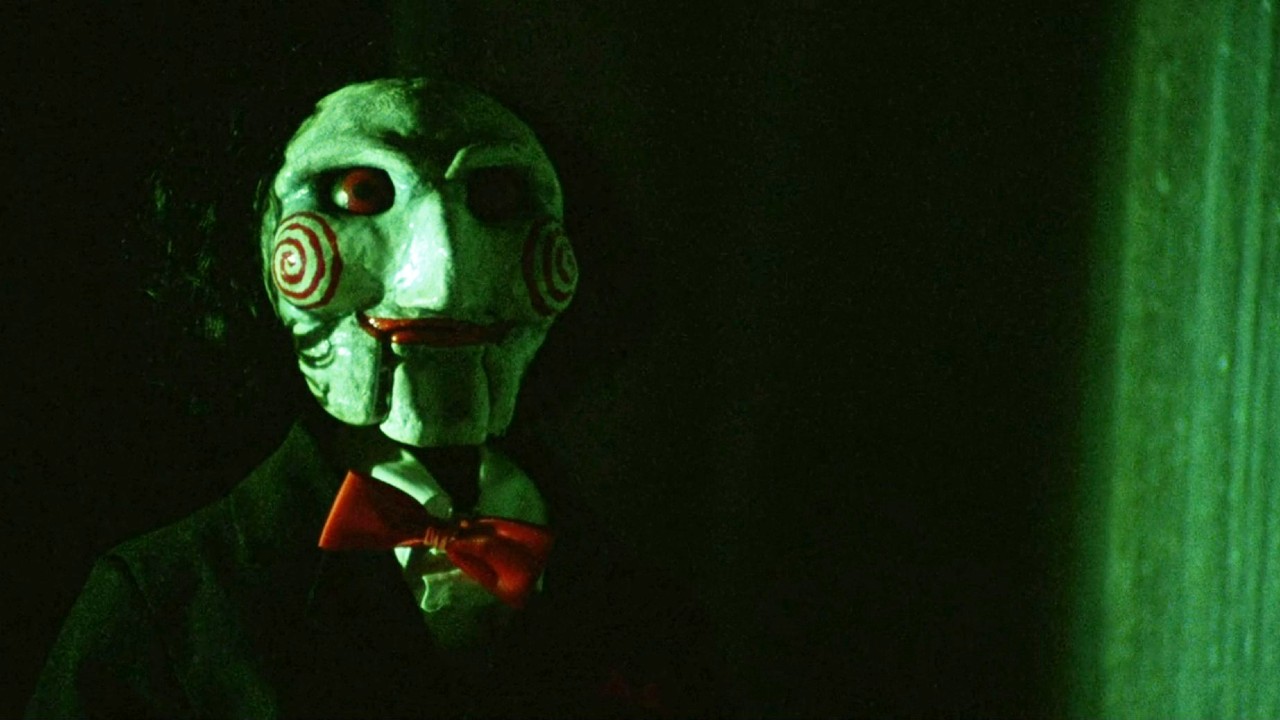Subtitles Vs. Dubbed: Why I Prefer Subtitles Much More When Watching Anime
Sub is better than dub. Always.
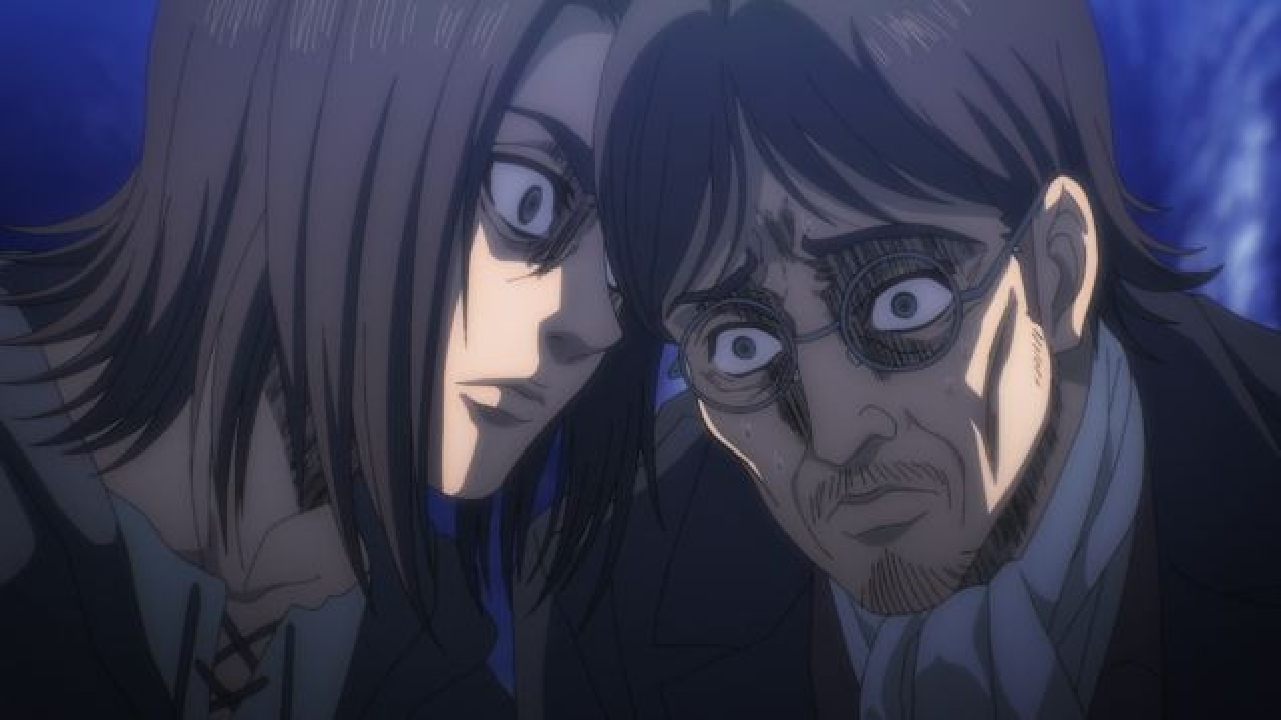
Sorry, folks, but subbed anime is about a millions times better than dubbed anime. And while I'm well aware that some of you are already groaning, "Not THIS again!" I feel like the matter keeps coming up since great anime like Demon Slayer are bigger now than ever before. Plus, more and more people, who are put off by reading subtitles, are persistently arguing in favor of the admirable (but flawed) voice acting found in popular television shows like Attack on Titan.
And look, I get it. As an avid reader who uses subtitles even when I'm watching English-language movies just so I catch everything, I'm well aware that there are plenty of non-readers who just want to sit and watch an anime like My Hero Academia rather than read it. And that's fine. I'm not trying to be condescending here. You work hard, and if your means of relaxation after a long day of work is to plop down in front of your TV/laptop/phone and put on Crunchyroll to watch Attack on Titan, then you do you.
But, there are a few reasons why I think subtitles are genuinely better than dubbing that you might not be aware of, and I feel it's my job as a lover of anime to maybe enlighten you. So, here are four reasons why I prefer subtitles much more when watching anime.
Oh, and a few minor spoilers in the YouTube clips, by the way.
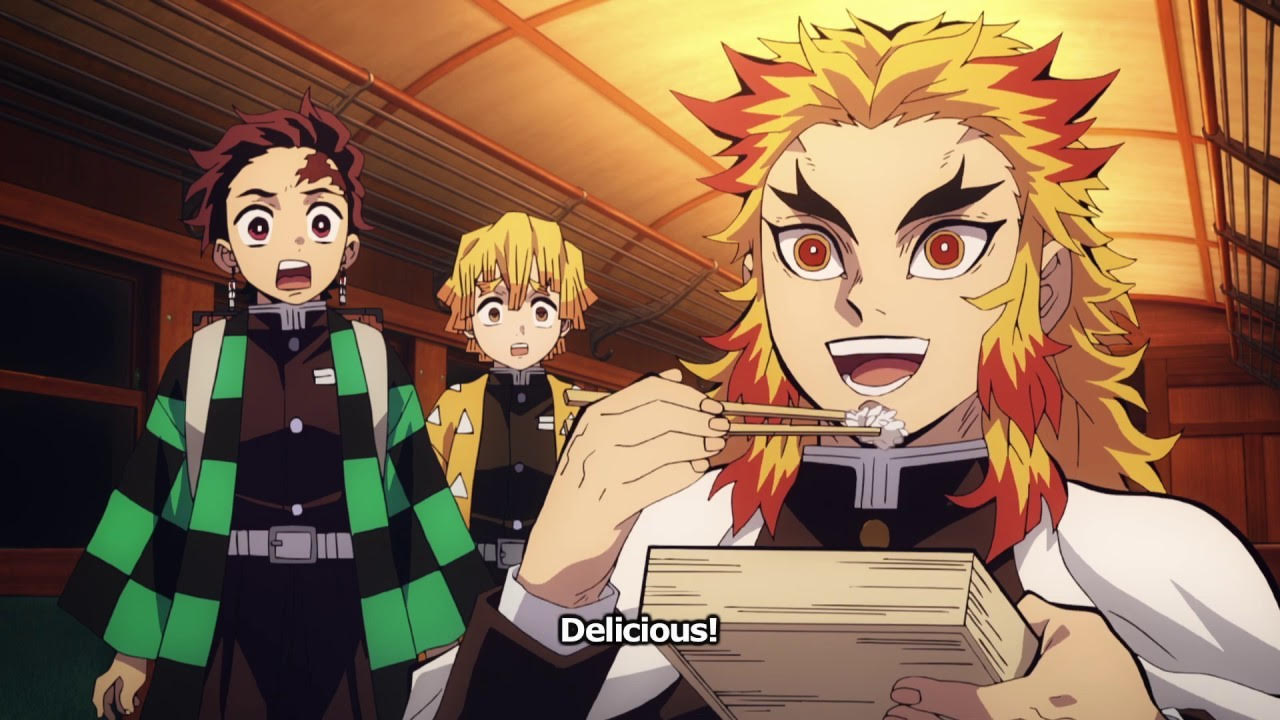
The Original Japanese Actors Are The Intended Voices Of The Characters
Honestly, and I’m not trying to be mean or anything, but dubbed anime is sometimes funny when it’s not supposed to be. Take this crucial moment for instance from Attack on Titan. In it, Eren learns some startling news about his friends Reiner and Bertholdt. Here is the original Japanese version, and here is the American dubbed version. Totally different, right? In the English version, Eren sounds like he’s 30, whereas in the Japanese version, he sounds a bit younger, which is intentional since Eren, at least in this part of the story, is still a teenager. And, in this crucial moment, we learn about which characters might actually be terrifying titans, which legitimately changed the entire show.
That’s the thing about watching anime with subtitles. The voices we hear in the Japanese version are the intended voices for these characters. Also, while the translators try their best to use words that look sort of like what is coming out of the characters’ mouths, it sometimes looks very awkward, almost like an old martial arts movie where the lips are still moving when the character has stopped talking. So, in that way, if you truly love a show, don’t you want the most authentic version of it possible, especially when it comes to how they’re supposed to sound? Well, maybe you don’t, but as somebody who appreciates authenticity, I certainly do.
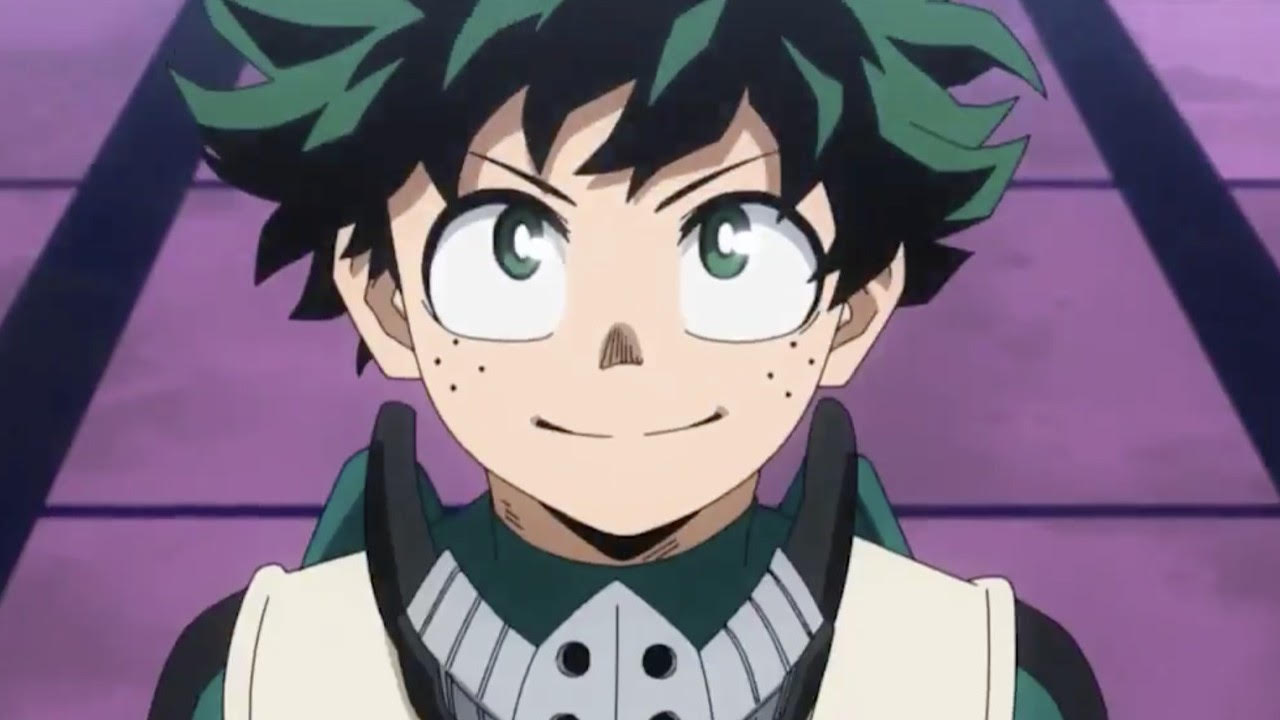
Some Words And Phrases Get Lost In Translation In The Transition To Another Language
Sort of like what I mentioned in the last section, sometimes, the translation is changed when it comes stateside to better align with the movement of the lips when it’s put into English. But other times, the translation is changed completely to better suit an American audience’s beliefs and sensibilities, which some might view as a benefit since it better aligns with how we see things in America. For example, aspects involving religion in the original anime might be excised over here since it might be deemed as too controversial. A key example of this is when Goku meets the ogres, Goz and Mez in the Vegeta saga in Dragon Ball Z. Nowadays, Goz and Mez's shirts read Hell in the American version, but when I was growing up, their shirts were edited to read HFIL, for Home for Infinite Losers.
Your Daily Blend of Entertainment News
Some might not see this as a big deal, but I view this as a perversion. Goku being in Hell is a lot different from Goku being someplace else that is not Hell. In Christianity, Hell implies that Goku did something wrong, which brings along a whole new meaning to all that fighting that he's been doing. And not only that, but the alterations from sub to dub are still taking place today. Take, for example, these scenes from Dragon Ball Super. In a lot of ways, the changes from subtitled to dubbed aren’t too drastic here, but at the same time, they are different.
And I think this is a big problem, especially since some people only watch anime subbed, while others only watch anime dubbed. So, if you’re talking to a dub-only watcher, and you’re a sub-only watcher, then you could be describing the same scene completely differently because the wording was different. Even though you're watching the same events, you're getting different scripts. And only the subbed people are getting the authentic one.
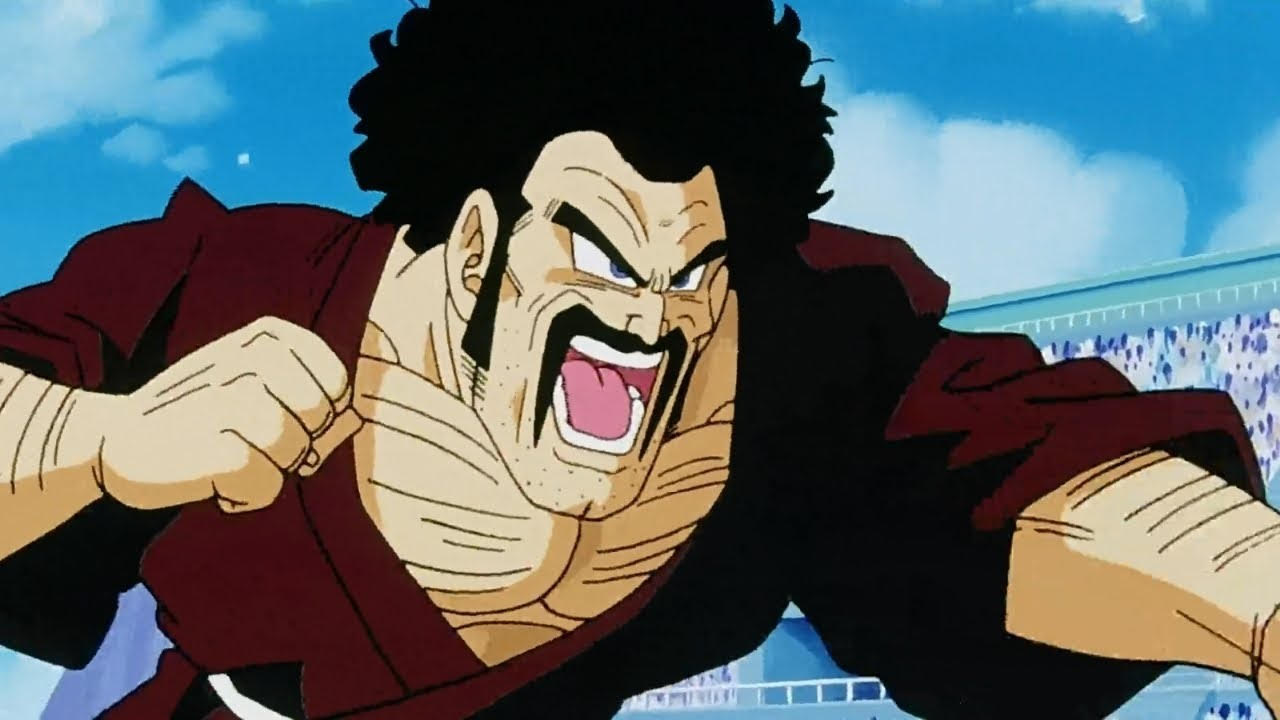
American Localizations Are Sometimes Altered To Be More Kid-Friendly
This might not totally be the case today like it was back when '80s and '90s anime was just coming stateside, but some anime is definitely made to be more kid-friendly when it’s Americanized. For example, I’ll never forget when I learned that Hercule from Dragon Ball Z was actually named Mr. Satan in Japan (His full name is actually Hercule Satan), which was the first time I learned that the American and Japanese versions were actually different.
But, it’s not only names that are changed, as characters will often curse in Japan whereas they will say something a lot more kid-friendly over here. This is mostly in anime that is more geared toward children, as anime that is catered toward adults will usually include the saucy language and adult scenarios. But sometimes, it’s the little things that matter, like a character screaming curse words rather than just, you know, screaming. Stuff like that can really change a scene completely and even humanize the characters more.
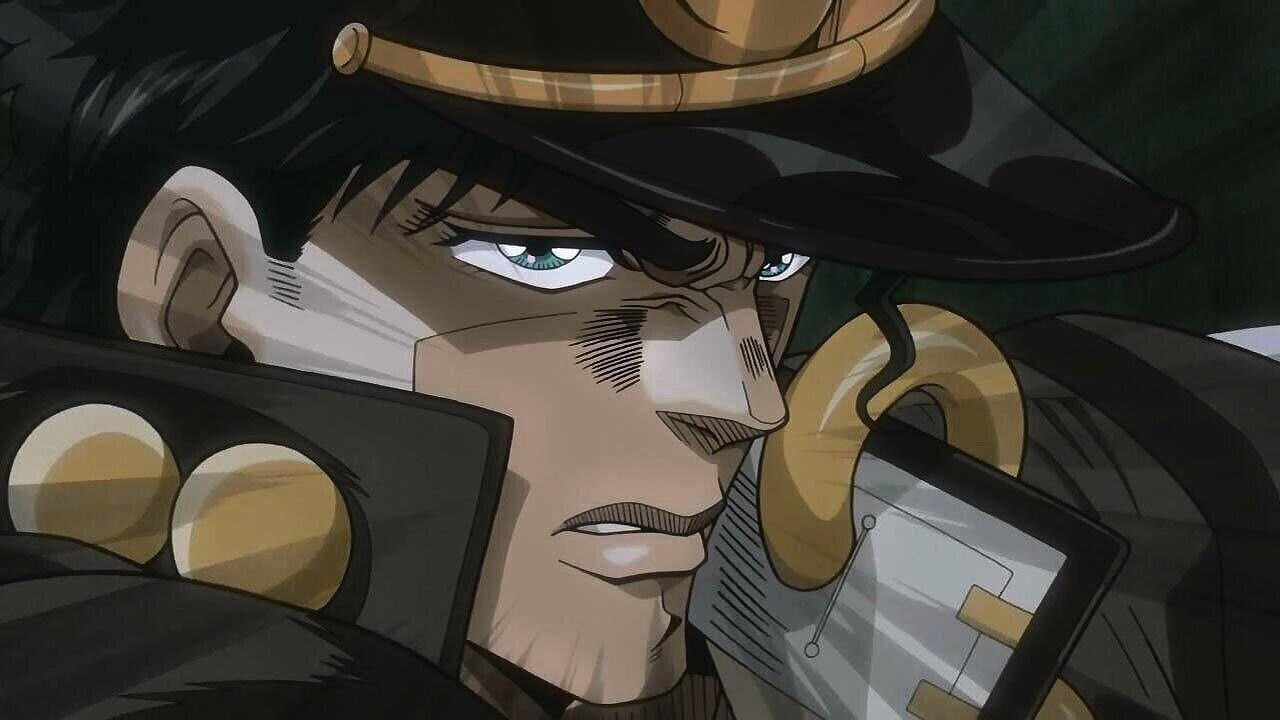
I'm STILL Trying To Learn Nihongo, And Reading Subtitles And Listening Helps
Lastly, and this is more of a me thing, but I’ve been studying Nihongo (Japanese) since high school, and watching shows in subtitles really helps me further my study. Now, I’ve been rather off-and-on when learning the Japanese language. But, watching anime with subtitles has greatly helped me retain knowledge, as I’m listening to the inflection of certain words that I already know, and it keeps those words firmly in my head.
And, it’s not only good for me, but good for anybody, as reading subtitles helps when studying any language. Some people might have no interest whatsoever in this, but, if you do perhaps want to learn Nihongo and are studying the language on its own, it can’t hurt to also watch anime and have your ears prick up any time certain words you know come out of a character's mouth. It can actually help a lot!
And that’s about it. But, what do you think? Do you prefer sub or dub when you watch anime? For more anime news, make sure to swing by here often!

Rich is a Jersey boy, through and through. He graduated from Rutgers University (Go, R.U.!), and thinks the Garden State is the best state in the country. That said, he’ll take Chicago Deep Dish pizza over a New York slice any day of the week. Don’t hate. When he’s not watching his two kids, he’s usually working on a novel, watching vintage movies, or reading some obscure book.
